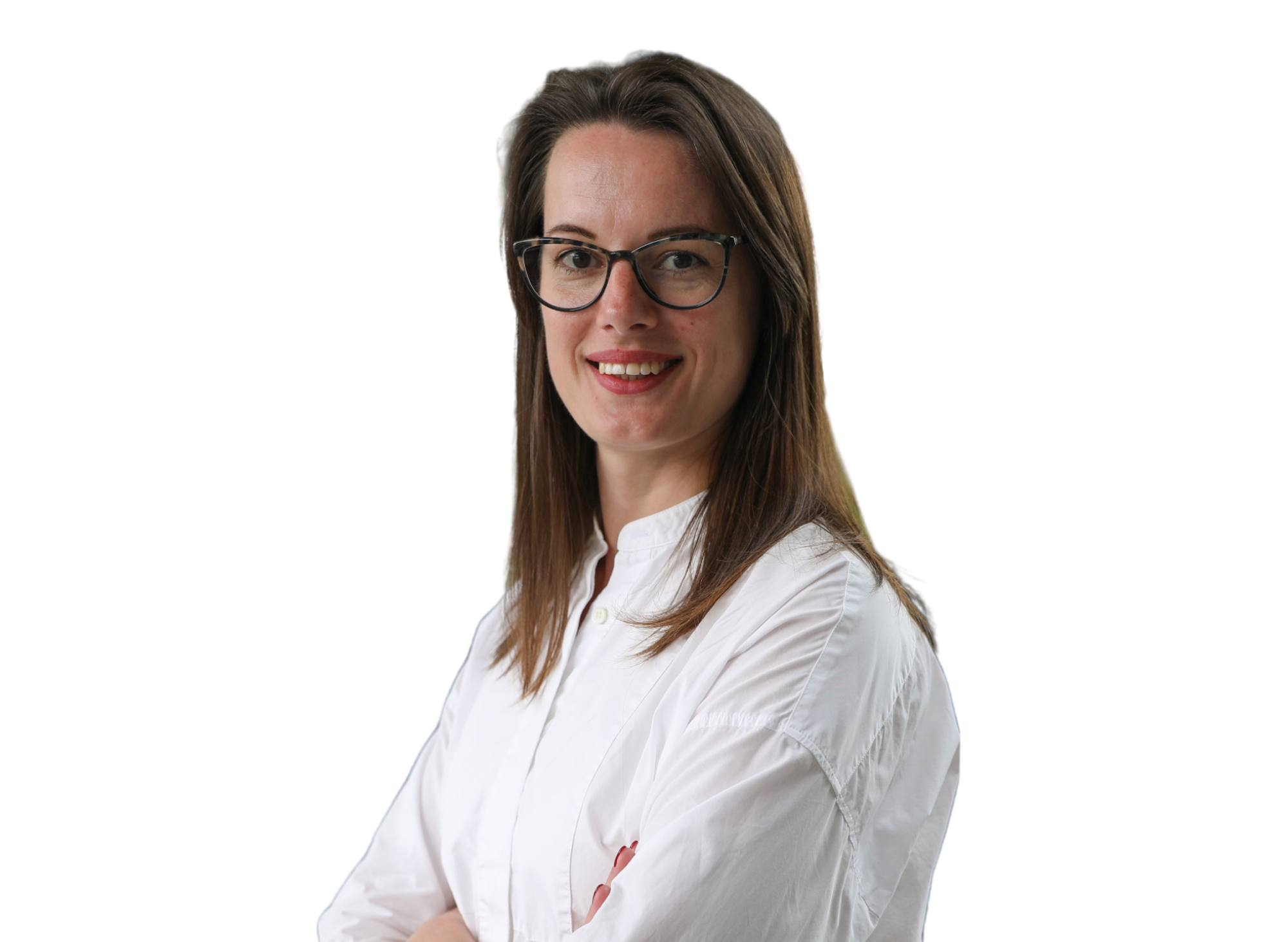The ADVANCE project was recognised by the Erasmus+ KA2 Strategic Partnership. The project coordinator Eliis Keidong, EATRIS EU Project Manager, summarised the joys and challenges of the project in the ERASMUS+ Dutch-language magazine.

ADVANCE was a 38-month EU training project, supported by Erasmus+ with the objective to develop a 3-stage blended learning program to support early-career biomedical scientists in developing currently missing scientific knowledge, transversal skills and competences to meet the key challenge areas existing in the Advanced Therapies Medicinal Products (ATMP) development cycle. Eliis Keidong about the project: “The entire curriculum was based on exploring the four main challenges in ATMP development: scientific, manufacturing, reimbursement and regulatory. We also complemented technical knowledge with career advice and support in the form of webinars and individual career coaching sessions.”
On right: Eliis Keidong EATRIS EU Project Manager
What made ADVANCE successful?
Thanks to the presence of top scientists and experts as speakers, the ADVANCE program was a great success. It received extremely positive feedback from both students and speakers. In fact, the workshops were so popular that they continue to take place every summer in Slovenia, led by the University of Ljubljana. The first edition is already from 5-9 June 2023.
“In line with the high quality of the material, it was a pleasure and an honour for us to cooperate with the European Medicines Agency,” Eliis added. ‘They provided all the learning materials for the online Regulatory Education unit of the course and organised with us the three highly popular webinars with more than 800 participants. They remain committed to providing regulatory education for ATMP researchers. We are confident that the project’s many hundreds of participants are well-positioned to continue the important work and bring about future change in their research communities.”

















